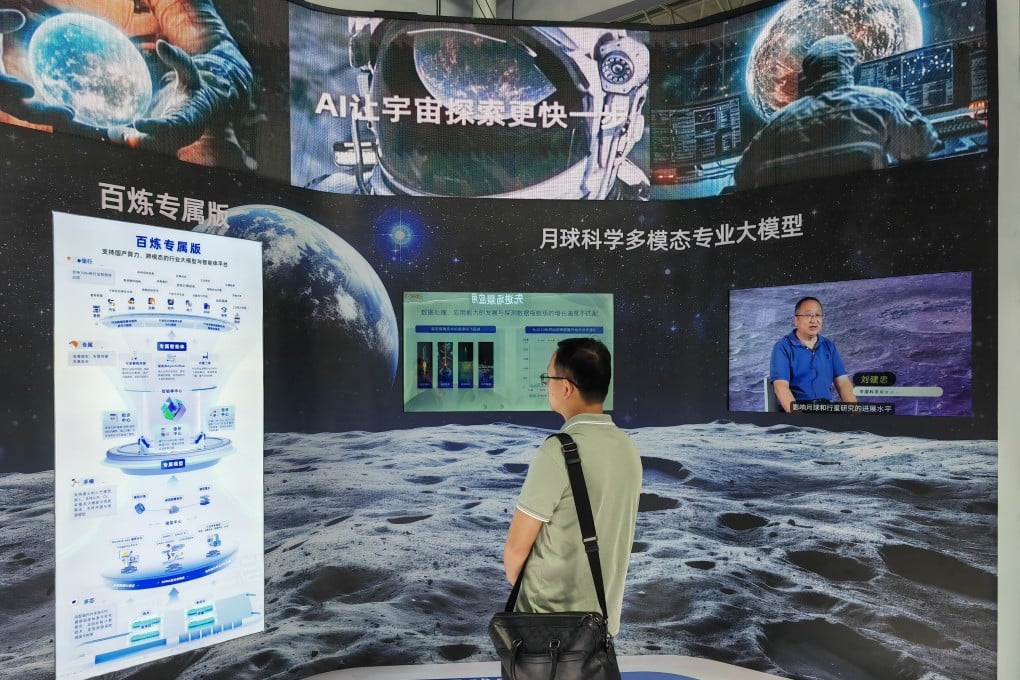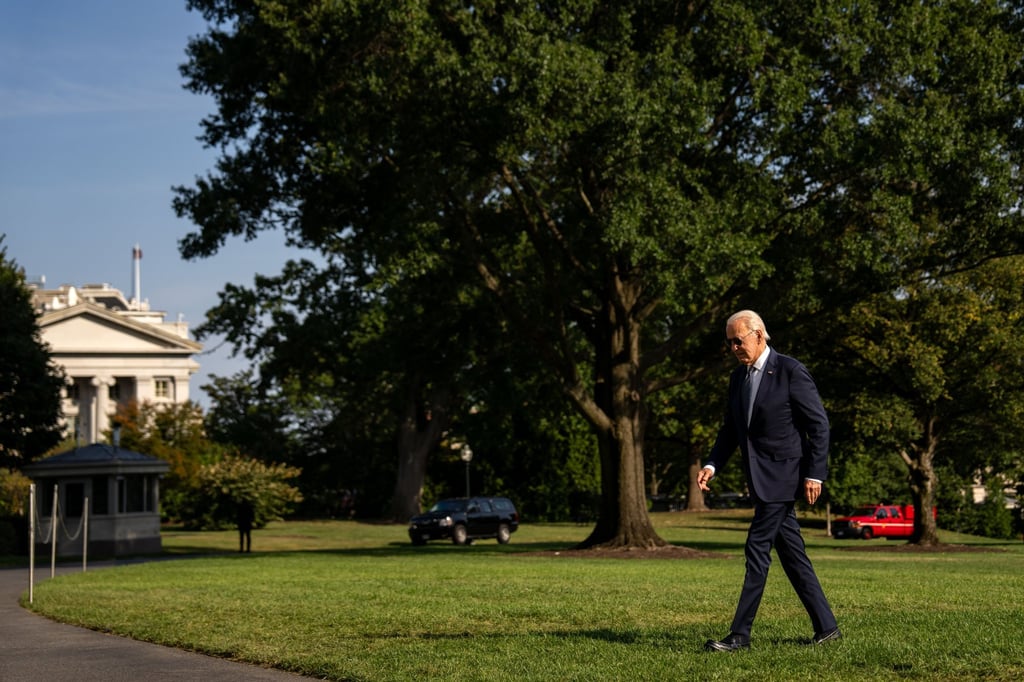US chokehold on China’s AI progress ‘unlikely to succeed’, says Washington-based think tank
China’s robust academic advancement and state-backed funding have made the nation a major challenger to the US in AI, according to ITIF

US efforts to hold back China’s artificial intelligence (AI) advancement “are unlikely to succeed”, as the mainland finds ways to skirt Washington’s export curbs and nurture local innovations, rapidly challenging American dominance in the technology, according to recent research by a US think tank.
Such measures, introduced on national security grounds, have had “limited success” in curbing China’s AI development, according to a report published in last month by the Information Technology and Innovation Foundation (ITIF), a Washington-based non-profit think tank.

The report – which analysed data including published scientific articles, patents, talent and infrastructure – found that China’s robust academic foundation, innovations and state-backed funding are propelling the nation to become a major challenger to US leadership in the AI sector.
